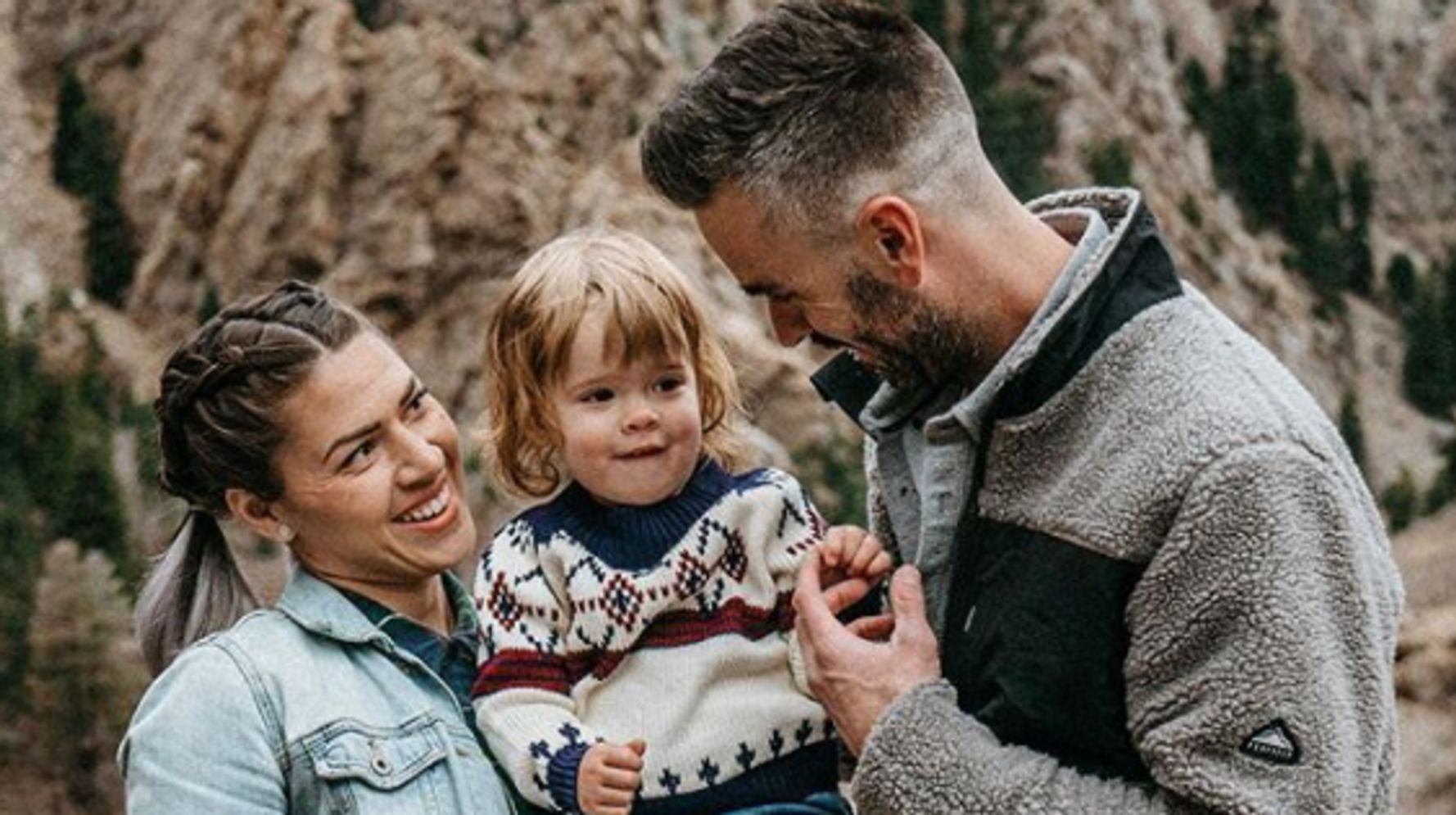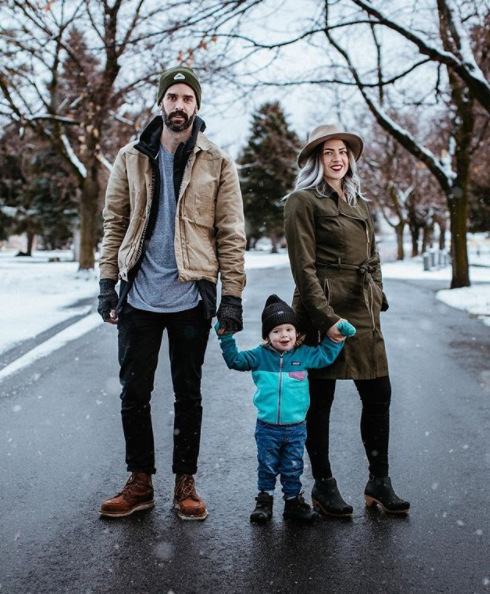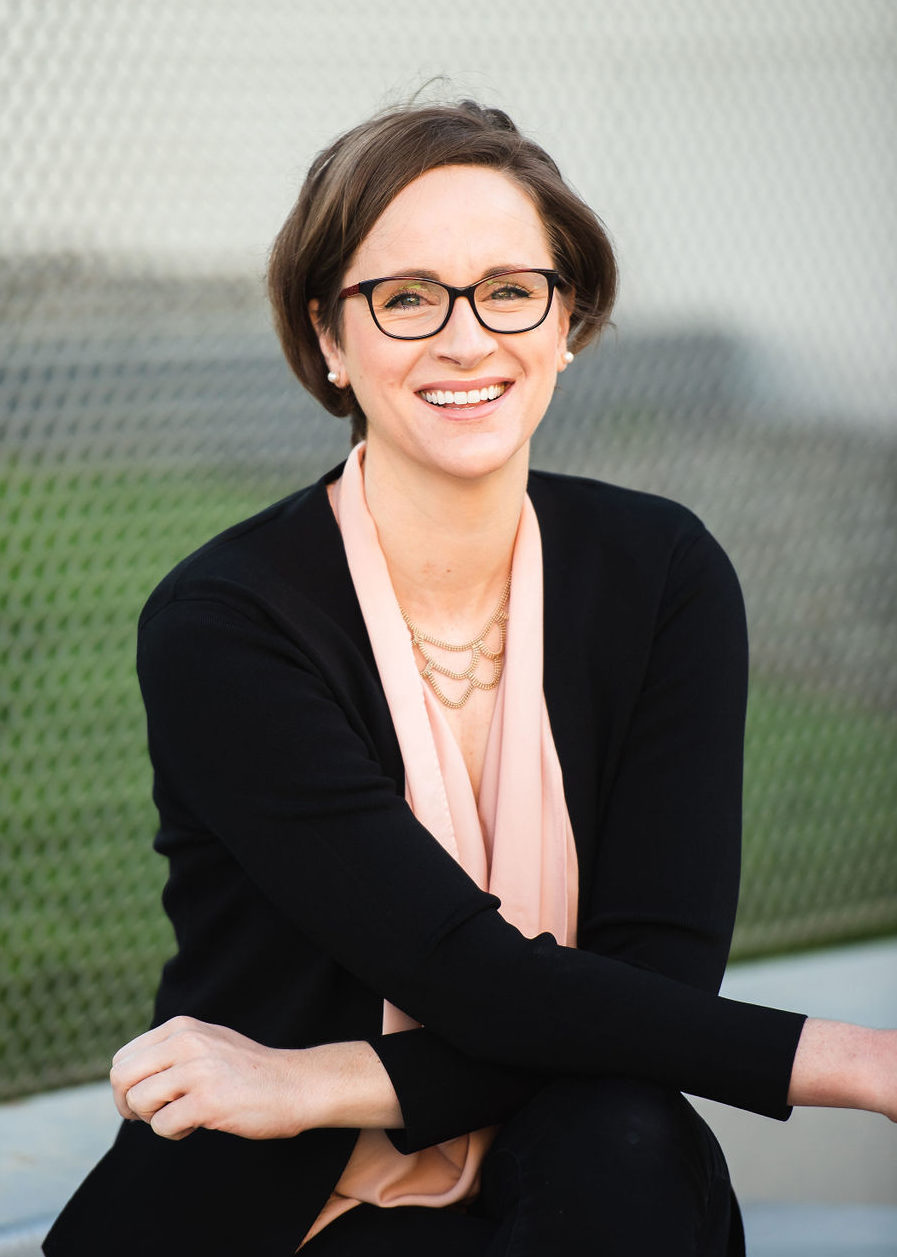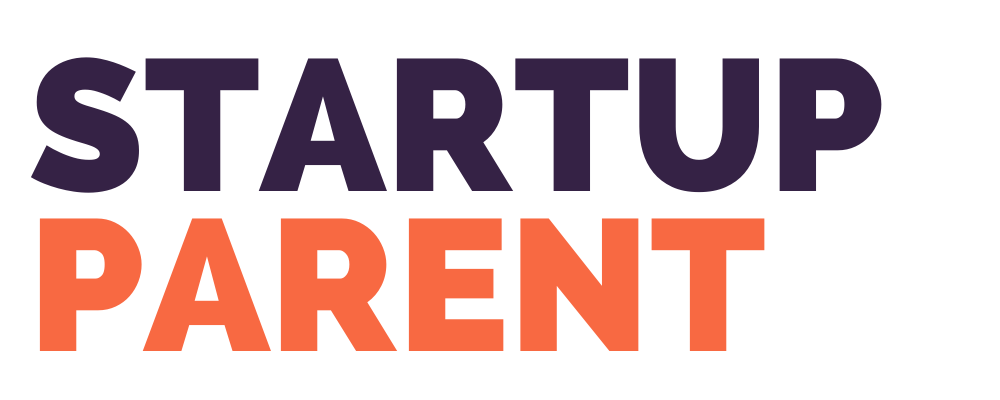Raising Them: Gender Creative Parenting — Episode #174 with Dr. Kyl Myers
These parents decided to explore gender creative parenting—and it’s been going quite well
The other day, I was reading an article on Time Magazine that I couldn’t stop reading. Dr. Kyl Myers, an author, had written a long-form piece about gender, sex and parenting. Kyl writes about gender and gender inequality and about how we are all so extremely socialized towards particular genders, and how that affects and oppresses people, from children to adults.
Dr. Kyl Myers has a degree in gender studies, and a PhD in sociology. They are an award-winning educator and a globally recognized advocate for gender creative parenting. Since 2016, Kyl has been speaking and writing about gender creative parenting and using their own parenting story to help the world learn about and embrace a new type of childhood. Kyl Myers goes by “she” and “her” pronouns, as well as “they” and “them.”
Dr. Myers is the author of Raising Them: Our Adventure In Gender Creative Parenting. In the book, Kyl writes her experience becoming a parent and why she and her partner decided to parent without assigning pronouns to their child, Zoomer. Kyl shares the hard parts, the conversations she’s had throughout it all, and how it’s gone, in many ways, even better than expected.
If you’d like to hear a fascinating conversation about parenting, gender, and what we can do as parents to help reduce gender violence, oppression against women and men, and create a more playful world, come join us on this episode of the podcast.
Listen to the episode on Apple Podcasts, Anchor, Spotify, Overcast, Stitcher, Castbox, Google Podcasts, PocketCasts, or on your favorite podcast platform.

Raising Them: Gender Creative Parenting
The Startup PARENT Podcast — Episode #174
What is gender creative parenting and why does it matter?
The goal for our children is full human expression. To let them be kids, to encourage them to find their voice, be who they are, and to grow up into upstanding citizens. as Kyl writes, “the goal of gender creative parenting is not to eliminate gender. The goal is to eliminate gender-based oppression disparities and violence. The aim isn’t to create a genderless world. It’s to contribute to a gender-full one. We as a society, have an opportunity to shake up childhood gender socialization in a way that creates more healthy and equitable adulthoods for everyone.”
The goal of gender creative parenting is to allow full expression for our kids, and not to unnecessarily restrict and control them to certain boxes and categories.
Sadly, the reality is that we do restrict our kids in so many ways. We tell boys to not feel, to suffer through pain in silence, that they need to “man up” (whatever that means), and, through so many cultural stories, that men should dominate women while simultaneously repressing their feelings. It’s no wonder that boys start experiencing depression as early as age seven, and that grown men struggle and have the highest rates of suicide.
Little girls suffer in so many ways at the hands of hyper-gendered expectations. All we need to do is look at any clothing store that’s labeled “BOYS” in large letters and “GIRLS” in capital letters and ask why so many people blindly accept this mode of dressing our tiny children so dramatically differently. Half of our small children (boys) look like they’re off to a golf game with other businessmen, and the other half of our small children (girls) get shorter shorts, smaller clothes, flimsier outfits, ruffles, bows, and a whole lot of pink.
Also to note: the animals that boys wear tend to be predators and beasts; the animals that girls wear tend to be prey, like bunnies. What are all of these messages sending our children? It’s become somewhat intense and extreme just in the manner that we try to dress our small children.
When does gender go from a mode of expression and identity to a full-on mode of restriction and control?
I think we’ve gone a little over the top when it comes to these radical separation of genders. Let me be clear, too: gender creativity does not mean that we live in a gray, beige world devoid of creativity or expression. This doesn’t mean we lose pronouns altogether (unless you and your kiddos want to). The goal of all of this is to live a full life and, yes, my kiddo (who is two, and male), loves wearing unicorns AND dinosaurs, pink AND stripes, and is a full person who doesn’t need all this hyper gender baggage given to him.

I for one, have started calling my little ones “kids” more. Because really, that’s what they are. I don’t need to shout to the world repeatedly that they have penises for them to play more effectively on the playground. “Hey, boys! Hey, boys! Hey, boys!”
Yes, they may identify as boys and I may give them “he” pronouns, or they may decide to have these pronouns, but they don’t need to operate the playground with their genitals, so there’s no reason for me to constantly shout to them as such. I can easily and just as casually say, “Hey, kids.”
Because they are kids. And I love them.
In this episode:
We talk about so much! We talk about:
- Kyl’s background and culture growing up in the Church of Latter-Day Saints, and how her youth in Oregon and Utah formed her early impressions of the world.
- The path she took through education, which was at times long and winding, through her associate’s degree and PhD in sociology.
- When she was first inspired to look into gender creative parenting, and what the conversation was like with her partner when she later got married and approached the idea.
- What gender and sex are, and the difference between them (sex chromosomes and anatomy are your sex, as in “male” and “female” or “intersex”), and gender, which is a socially adapted form of expression separate from sexual anatomy.
- Why and how gender creativity and gender creative parenting is an option for all parents to break free of the highly restrictive and arbitrary gender norms we have in society today.
Quotes from the episode:
DR. KYL MYERS
- I took a really long time in my undergraduate career. I think, it took me six years to get an associate’s degree. Once I found what I wanted to do, which was gender studies and social science, then I clicked into gear, as far as higher education goes.
- I went to graduate school and pursued my PhD in sociology, my focus was on population level health. Under that, I studied contraception and abortion care. My dissertation—I had been teaching sexual health classes in the Salt Lake County Jail. Those people changed my life, those women that I got to meet in that class. It was exposed to me that they were being taken off of their contraceptive methods whenever they were booked into the jail. That is of course, a huge disruption to their reproductive autonomy. That is what I really studied in graduate school was contraceptive access and disruption, for people who are incarcerated. That led to me getting a job at the University of Utah School of Medicine in the family planning division, where for about four years, I mean, this is the intertwining of the parent story and the career story. I applied for this job when I was eight months pregnant and got it, but didn’t start until Zoomer was 11-weeks-old. That was a lot to have a new job while being a new parent, while finishing a dissertation. Wouldn’t recommend it to people. It was a lot.
- I love that this podcast is called Startup Parent, because I love that startup time. I love asking, what’s the problem? How do we solve it? Who do we need to know? Who are the stakeholders? Let’s get the funding. That’s where I really thrive is that early stage of getting a solution off the ground.
- Growing up in Mormon culture, it’s all about families and really big families. I live in Utah, where we have the highest fertility rate. Parenting is a really big y’all. I think it’s touted as this “of course you will” milestone, which isn’t great. Don’t subscribe to that model. Do whatever you want.
- Gender creative parenting—the idea of not assigning a gender to your child and using they/them pronouns, and trying to shield your children from the gender binary and stereotypes by letting them find their own way to their identity—it gets touted as really utopian, impossible and science-fictiony. But then I saw these two families doing it, and it just stuck with me. I must have been 23, 24. I was like, “Oh, if I became a parent, this is what I think I would want to do.”
- I was like, “This was not the plan.” — No, it never is.
- Gender creative parenting, what it means to me is that I did not assign a gender to my child, Zoomer, when they were born. They have anatomy. They have a body and I don’t shy away from helping them understand their body and giving them language to describe their body. What I didn’t want to do was put gendered labels, or gendered expectations, or restrictions on them, just because of their body. I use they/them pronouns for Zoomer since birth. We don’t correct people or strangers at the grocery store who would say, “He’s so cute,” or “she’s so cute.” We just say thank you.
- In my lived experience, I am a queer person and I didn’t have the language or the role models for that when I was growing up. I know so many transgender people and intersex people and non-binary people and—I have so many people in my life who I love, whose parents didn’t get their gender assignment right. I think that all of us are operating with the best of intentions, and we can only make parenting decisions based on our own background and knowledge. I just saw how much harm it has caused a lot of my friends and a lot of my students. That was reason one of I’m very confident that my child will know who they are and they’ll know who they are young. Zoomer is four and a half and knows who they are. I feel like we can just leave it as a blank slate for them to tell us who they are. Because that’s the story that comes out for people who are transgender, or non-binary, that they know. That was one reason of just Zoomer will know. We don’t need to assign their gender identity to them. We can just wait and listen to what they say.
- This social construction of gender is really oppressive to a lot of people, even the people who it is meant to benefit (which is white cisgender men)—the patriarchy isn’t really doing them as many favors as maybe they think.
SARAH PECK
- The lack of humanity in our workplaces sometimes is really glaring. I feel like the pandemic and being at home is revealing some of this.
- I realized that there’s hundreds of thousands—millions—of people that are more than a binary, l had this wake-up moment, like, “Oh. Oh, wait. Our thinking about this is what’s restrictive. It doesn’t accurately reflect the reality. What I’ve been told and what I’ve been taught is different than what’s the truth.” It really opened my mind in a number of ways.
Please enjoy this episode!

Sarah K Peck
Founder, Startup Parent
Sarah Peck is a writer, startup advisor, and yoga teacher based in New York City. She’s the founder and executive director of Startup Parent, a media company documenting the stories of women’s leadership across work and family. She hosts the weekly Startup Parent Podcast and Let's Talk, her second podcast. Previously, she worked at Y Combinator backed One Month, Inc, a company that teaches people to code in 30 days, and before that she was a writing and communications consultant.
She’s a 20-time All-American swimmer who successfully swam the Escape from Alcatraz nine separate times, once wearing only a swim cap and goggles to raise $33k for charity: water. She’s written for more than 75 different web publications and and has delivered speeches and workshops at Penn, UVA, Berkeley, Harvard, Craft & Commerce, WDS, and more.
ABOUT THE STARTUP PARENT PODCAST
If you're growing a business, leading a team, or figuring out entrepreneurship and you have kids, this podcast is for you. We go in-depth with founders and entrepreneurial parents about what it really takes to have babies, grow businesses, and get a little bit of sleep. Sign up for the newsletter to get new episodes in your inbox. And leave us a review on iTunes.
Listen to The Startup Parent Podcast on Apple ★ Spotify ★ Overcast ★ Stitcher ★ Castbox or wherever you listen to podcasts. Find another podcast player or the RSS feed here.
